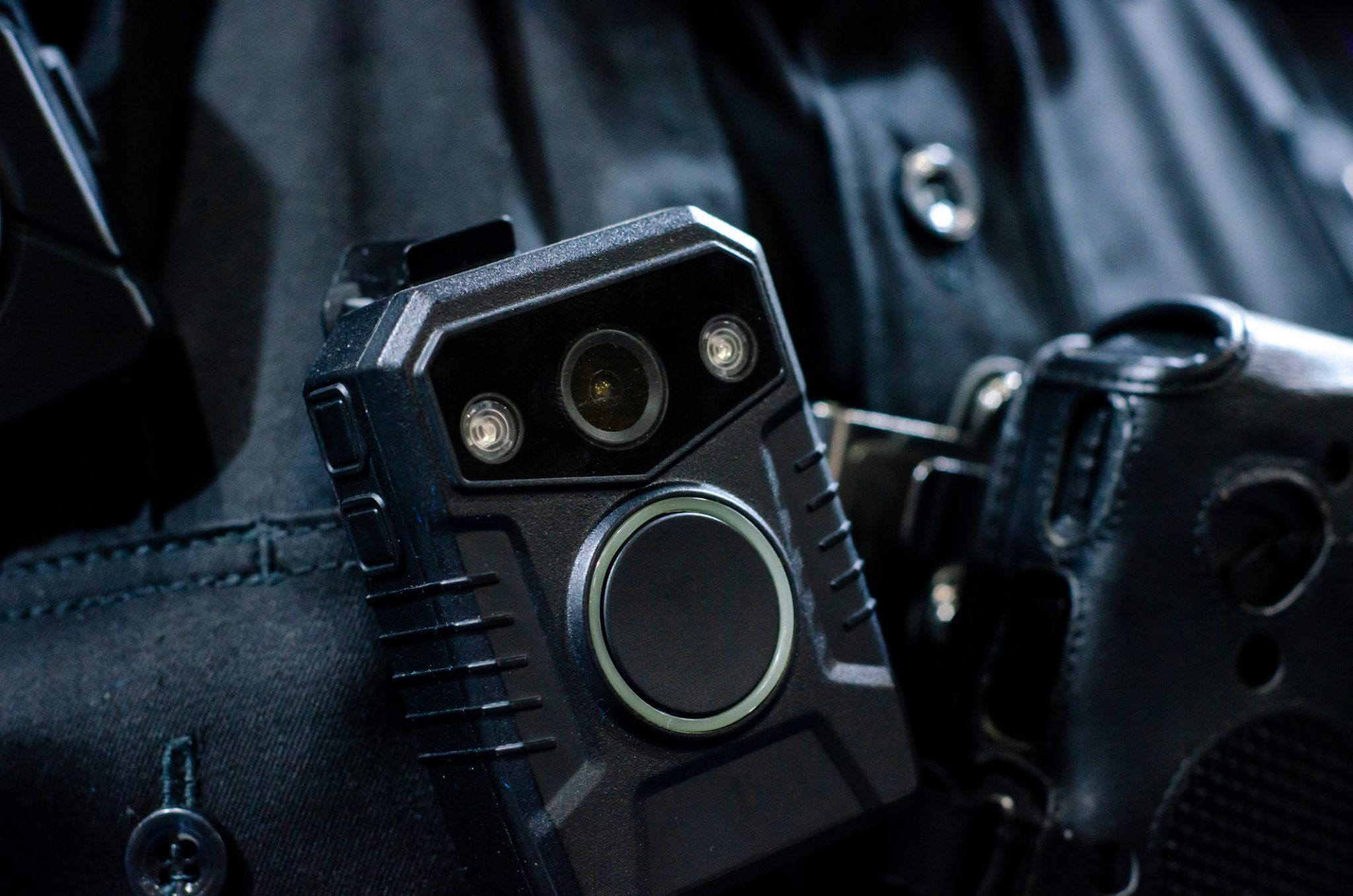Gardaí have said when they expect the technology to be implemented for its officers.
An Garda Síochána has revealed new details regarding the planned implementation of body worn cameras (BWCs) for its officers, including when they will be first piloted.
BWCs refer to a small lightweight cameras, which will be visibly worn by Gardaí to record audio and video footage on an "incident specific basis".
Regarding the usage of body cameras, An Garda Síochána says:
"Gardaí will normally activate their cameras at start of an incident and will continue to record until it's no longer 'proportionate or necessary' or another system takes over, e.g. CCTV within a Garda station.
"Gardaí will use the cameras to provide evidence in the investigation of an offence or suspected offence, provide transparency - e.g. during a traffic stop or when force is necessary - [and] as an aide-memoire for the report of an encounter or incident.
"It is not intended that the Gardaí will be recording for the full length of their work shift, the BWC is for use when Gardaí are responding to an incident, or using their Garda powers. The BWC use is incident specific; unless a specific operation dictates it is used, officers will not be recording as part of normal patrolling."
According to Gardaí, footage recorded via BWCs will be uploaded by officers at the end of their shift. This is so it can either be used as evidence in court or be deleted after an agreed time period if it is not required as evidence.
The footage will be managed by a digital evidence management system (DEMS), with video to be "scheduled for deletion though an automated retention system after 31 days if it is non-evidentiary".
 A close-up example of police body cameras
A close-up example of police body cameras
Based on the experiences of other police services internationally who deploy BWCs, An Garda Síochána expects that the introduction will:
- improve safety for Gardaí
- reduce complaints of Garda misconduct
- save time in court preparation and appearances
- lower costs for investigations and court appearances
- improve ability to collect evidence for trial
- enhance accountability
- reduce challenges around arrests
Gardaí have said that BWCs will be used operationally in a live pilot in
mid-2024, with a full phased roll-out of the technology scheduled to begin in
2025.
Ahead of this, An Garda Síochána has commenced the public procurement process for body cameras.
This is through the publication of a Request for Information (RFI) on both BWCs and DEMS on the EU Tenders website.
"The RFI seeks to obtain information in relation to proven business and technical solutions, including lessons learned, best practices and recommendations that will assist An Garda Síochána in identifying its requirements for BWC, DEMS, and the potential for integration with/or replacement of our existing CCTV Video Management Systems (VMS)," a spokesperson said.
Body cameras have 'potential to transform policing'
Andrew O Sullivan, Chief Information Officer for An Garda Síochána, said on Tuesday (12 September) about the technology: "A modern police service must have electronic tools to be effective in keeping people safe in today’s society.
"Policing itself must continue to digitalise in order to keep people safe in a digital age."
Meanwhile, Chief Superintendent Derek Smart said that body worn cameras have the "potential to transform policing".
He added: "They provide a safeguard, not just to Gardaí, but to the public and to the people we interact with on a daily basis."
Read more:



 A close-up example of police body cameras
A close-up example of police body cameras